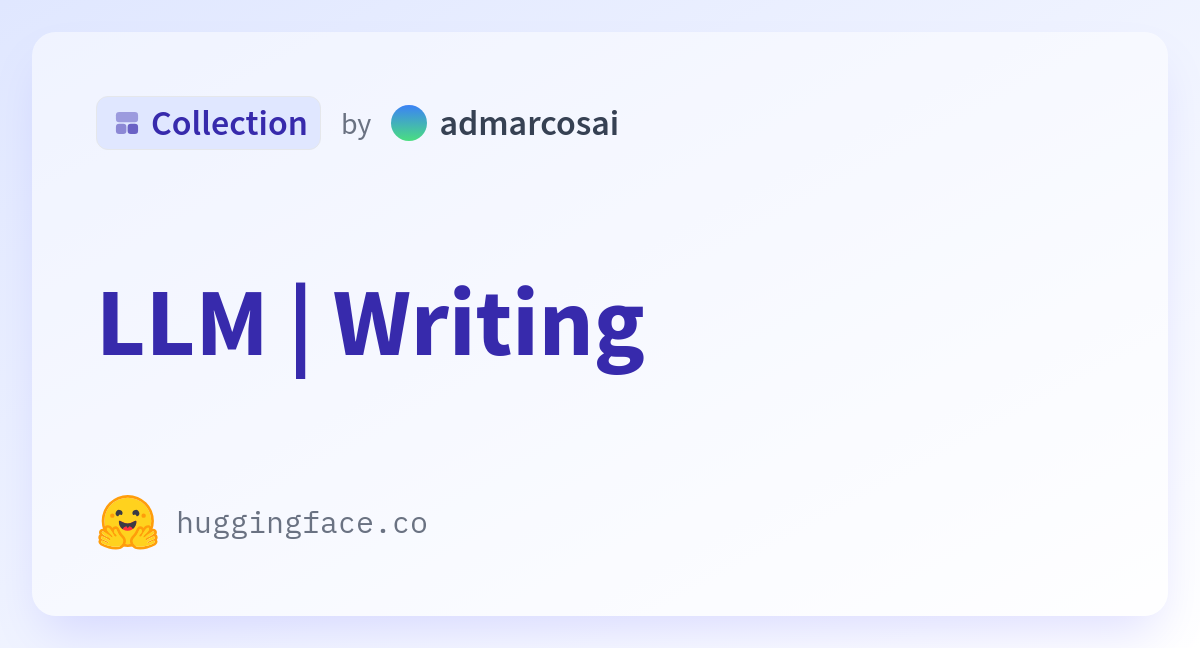
In an age where artificial intelligence increasingly assists with academic writing, students and professionals alike are discovering the power of large language models (LLMs) like Claude, ChatGPT, Grok, and others. However, many users encounter a common challenge: AI-generated essays often sound robotic, formulaic, or suspiciously perfect. This comprehensive guide reveals proven strategies to coax these sophisticated Large Language Model systems into producing essays that retain the nuance, voice, and authenticity of human writing – or better yet, learn when to rely on professional human assistance through services like StudyCreek for truly authentic academic writing.

AI-generated content that reads too perfect can trigger plagiarism detection software, appear inauthentic to professors or employers, and ultimately fail to reflect your personal perspective. The goal isn’t to deceive but to use these tools as genuine assistants that enhance rather than replace your voice.
Beyond academic integrity concerns, humanized AI writing creates more engaging, relatable, and effective content. According to research from the Nielsen Norman Group, readers connect with writing that feels authentic and contains the subtle imperfections and unique perspectives that make human communication compelling.

Before diving into specific prompts, it helps to understand how these AI systems approach writing tasks. LLMs like Claude, ChatGPT, and Grok are trained on vast datasets of human-written text, learning patterns, styles, and conventions. By default, they often aim for “optimal” writing—clear, structured, comprehensive, and error-free.
To create more humanized content, we need to guide these systems away from their default perfection and toward more authentic expression. For truly authentic academic writing that passes the strictest AI detection tools, services like StudyCreek offer professional human writing assistance. However, if you’re using Large Language Model tools as writing assistants, here are seven powerful strategies to make their output more humanized:
LLMs excel at adopting specific voices when clearly instructed. Instead of requesting a generic essay, specify characteristics of the writing style you want to emulate.
Example prompt:
Write an essay about climate change from the perspective of a concerned college sophomore who is passionate but occasionally gets sidetracked. Include some personal anecdotes and maintain a conversational tone with occasional informal language.
This approach gives the Large Language Model permission to include the natural digressions, tonal shifts, and personal touches that characterize authentic human writing. The University of North Carolina Writing Center notes that developing a distinct voice is essential for engaging academic writing.
Perfect structure and flawless reasoning often make AI writing stand out as artificial. Requesting specific types of natural imperfections can create more authentic content.
Example prompt:
Write an essay about the ethical implications of genetic engineering. Include some paragraphs that are slightly longer than others, vary sentence length throughout, and include a few parenthetical thoughts that add personality to the piece.
You can also specify:
Human essays often draw on personal experience, preferences, and background knowledge. Providing the AI with specific personal details to incorporate makes the writing uniquely yours.
Example prompt:
Write an essay analyzing Hamlet's character development, incorporating my perspective as someone who struggled with decision-making in their own life. Include references to my experience playing team sports (basketball specifically) and growing up in a small Midwestern town.
This approach ensures the final product contains elements that could only come from your life experience, making detection less likely while creating a genuinely personalized essay. For assignments where personal authenticity is crucial, StudyCreek’s writing services can help develop truly personalized academic content that reflects your unique voice.
Humans often write by thinking through problems on the page. Instructing an LLM to simulate this process creates more authentic reasoning patterns. This approach aligns with the cognitive apprenticeship model of learning through articulated thinking.
Example prompt:
Write an essay exploring whether universal basic income could solve wealth inequality. Use a "thinking aloud" approach where you explore different perspectives, acknowledge counterarguments as they arise, and occasionally circle back to refine earlier points.
This technique produces writing that feels more like a natural thought process than a pre-planned, perfect argument.
Human writing evolves through drafting and revision. You can simulate this process with LLMs by requesting sequential improvements, a practice supported by research from the Harvard Writing Project.
Example approach:
Initial prompt:
Write a first draft of an essay about social media's impact on democracy. Make it somewhat unpolished with a few tangents and overly complex sentences.
Follow-up prompt:
Revise the essay to improve clarity but maintain the conversational style and personal observations. Keep the section about Twitter/X but develop it further with more nuanced analysis.
This multi-step process better mimics how humans actually write and revise.
Perhaps the most effective approach is using Large Language Model as a collaborative tool rather than expecting it to produce a complete, human-sounding essay in one go.
Strategy:
This collaborative method leverages AI’s strengths while preserving your authentic voice in crucial sections. For complex academic assignments where AI assistance isn’t sufficient, StudyCreek offers professional writing services that ensure 100% original, human-written content.
Different writing contexts demand different levels of formality and structure. Specify exactly what you need based on your audience and purpose, as recommended by Purdue Online Writing Lab.
For academic writing:
Write an analysis of urbanization trends that sounds like a thoughtful undergraduate essay. Include appropriate academic language but avoid excessive jargon. Incorporate 2-3 places where you admit limitations in your analysis.
For creative writing:
Write a reflective essay about mountain climbing that uses vivid sensory details, varies between longer descriptive passages and shorter, punchier observations, and occasionally uses metaphors that aren't perfectly polished.
Different LLM systems respond better to certain prompting styles:
For Claude: Claude responds well to detailed persona instructions and roleplaying scenarios. Try framing your request as: “You are a student who is thoughtful but occasionally digresses into interesting tangents. Write an essay about…”
For ChatGPT: ChatGPT often benefits from specific format instructions combined with examples of the style you want. Including a short sample paragraph demonstrating your desired tone can be very effective.
For Grok: Grok tends to embrace more casual, sometimes irreverent writing styles. You might need to provide more structure and formality cues for academic writing, while allowing its natural conversational tendencies for more informal pieces.
While humanizing AI writing makes detection less likely, the primary goal should be creating better, more authentic content—not deception. According to Stanford University’s Academic Integrity Guidelines, transparency about AI assistance is essential in academic contexts.
Consider these best practices:

Creating humanized essays with LLMs is an evolving art that combines technical knowledge of how these systems work with a clear understanding of what makes writing feel genuinely human. By using specific prompts that guide the Large Language Model toward more natural, imperfect, and personalized writing, you can transform these powerful tools from mechanical content generators into collaborative writing assistants that enhance rather than replace your authentic voice.
As these technologies continue to advance, the most successful students will be those who know when to use Large Language Models appropriately and when to seek professional human assistance through services like StudyCreek for truly authentic academic writing that meets the highest standards of originality and personal voice.
Remember that the best academic writing still bears the unmistakable imprint of human creativity, experience, and perspective—elements that no artificial system can fully replicate, but that thoughtful collaboration can help preserve.
Delivering a high-quality product at a reasonable price is not enough anymore.
That’s why we have developed 5 beneficial guarantees that will make your experience with our service enjoyable, easy, and safe.
You have to be 100% sure of the quality of your product to give a money-back guarantee. This describes us perfectly. Make sure that this guarantee is totally transparent.
Read moreEach paper is composed from scratch, according to your instructions. It is then checked by our plagiarism-detection software. There is no gap where plagiarism could squeeze in.
Read moreThanks to our free revisions, there is no way for you to be unsatisfied. We will work on your paper until you are completely happy with the result.
Read moreYour email is safe, as we store it according to international data protection rules. Your bank details are secure, as we use only reliable payment systems.
Read moreBy sending us your money, you buy the service we provide. Check out our terms and conditions if you prefer business talks to be laid out in official language.
Read more